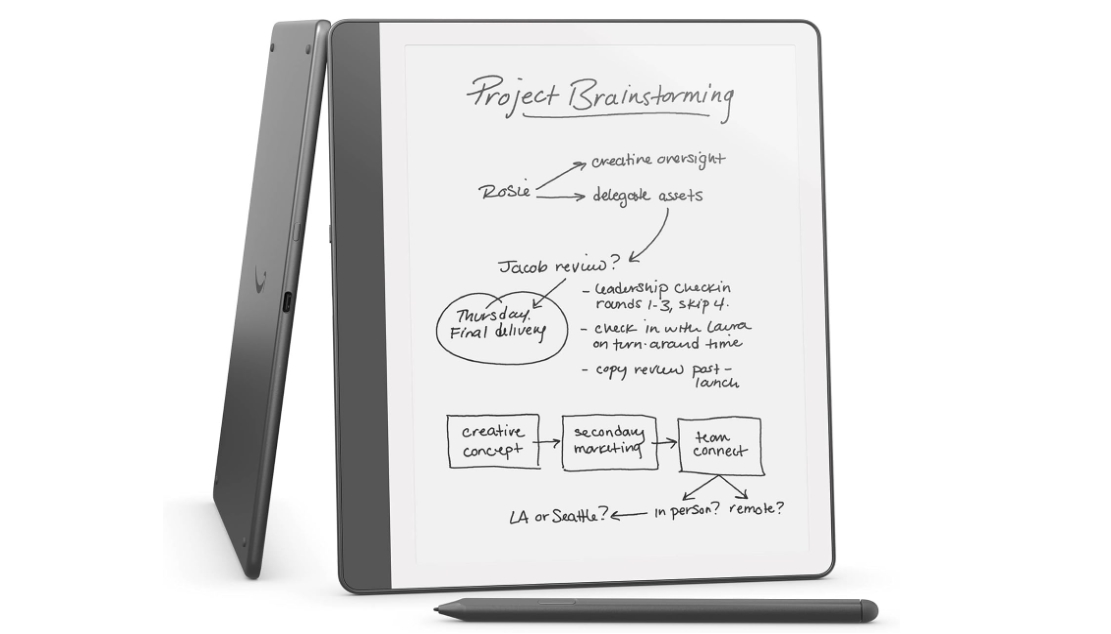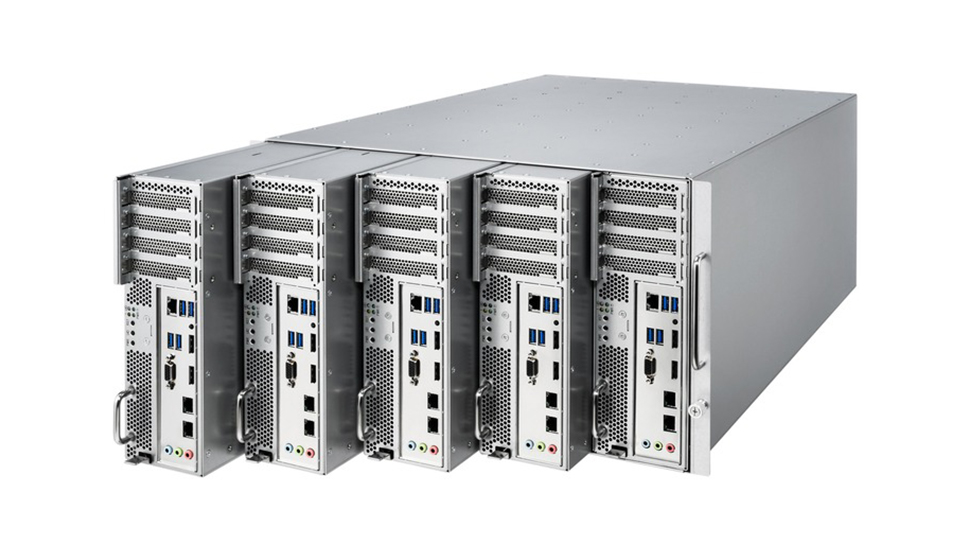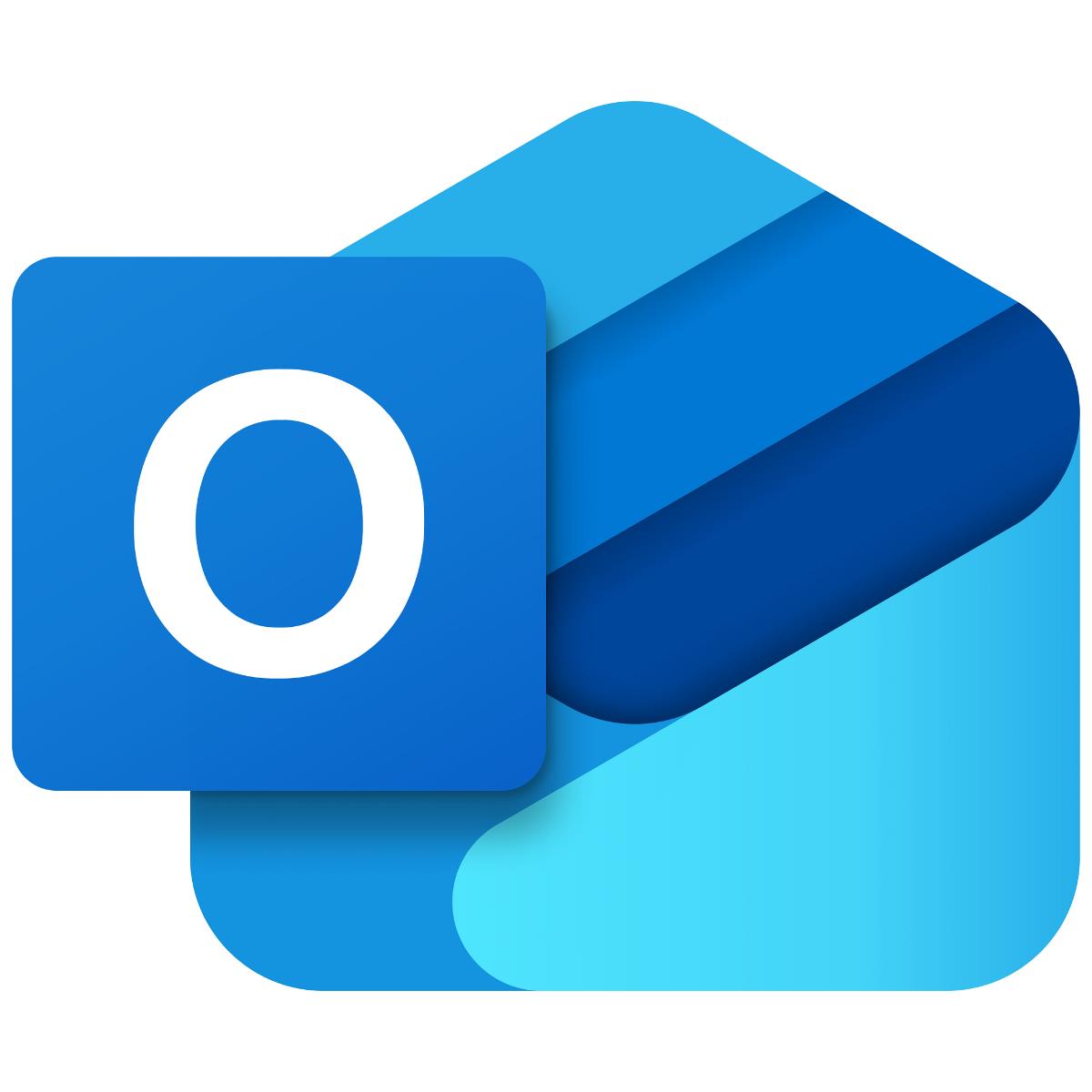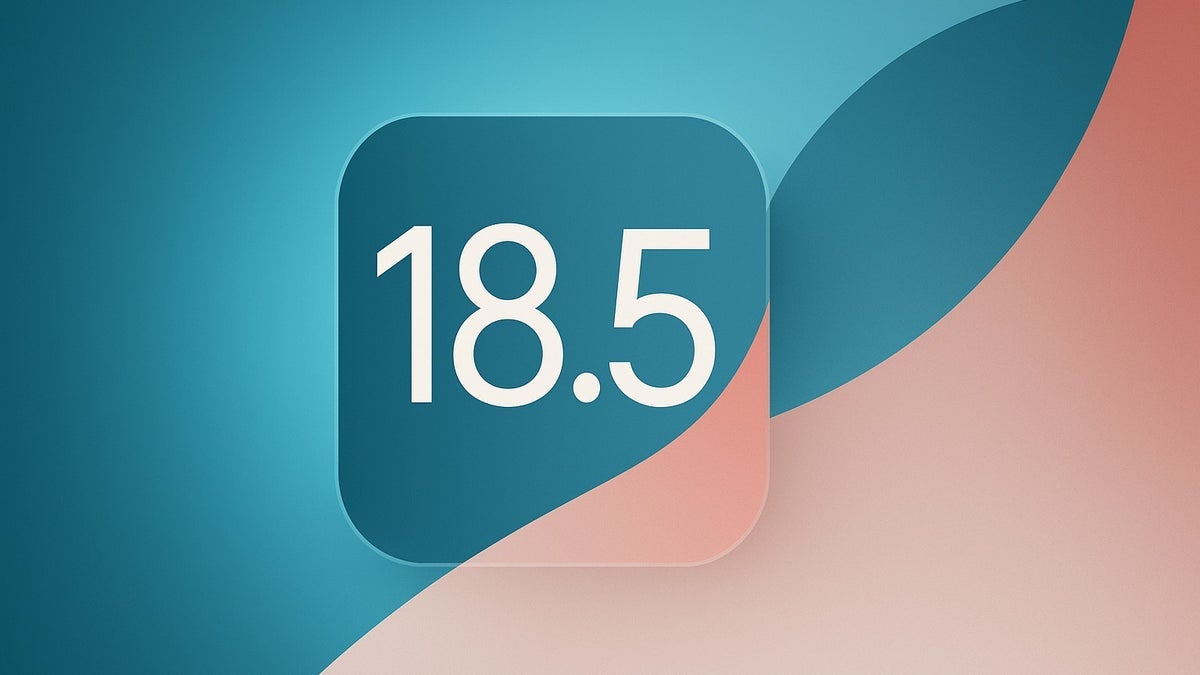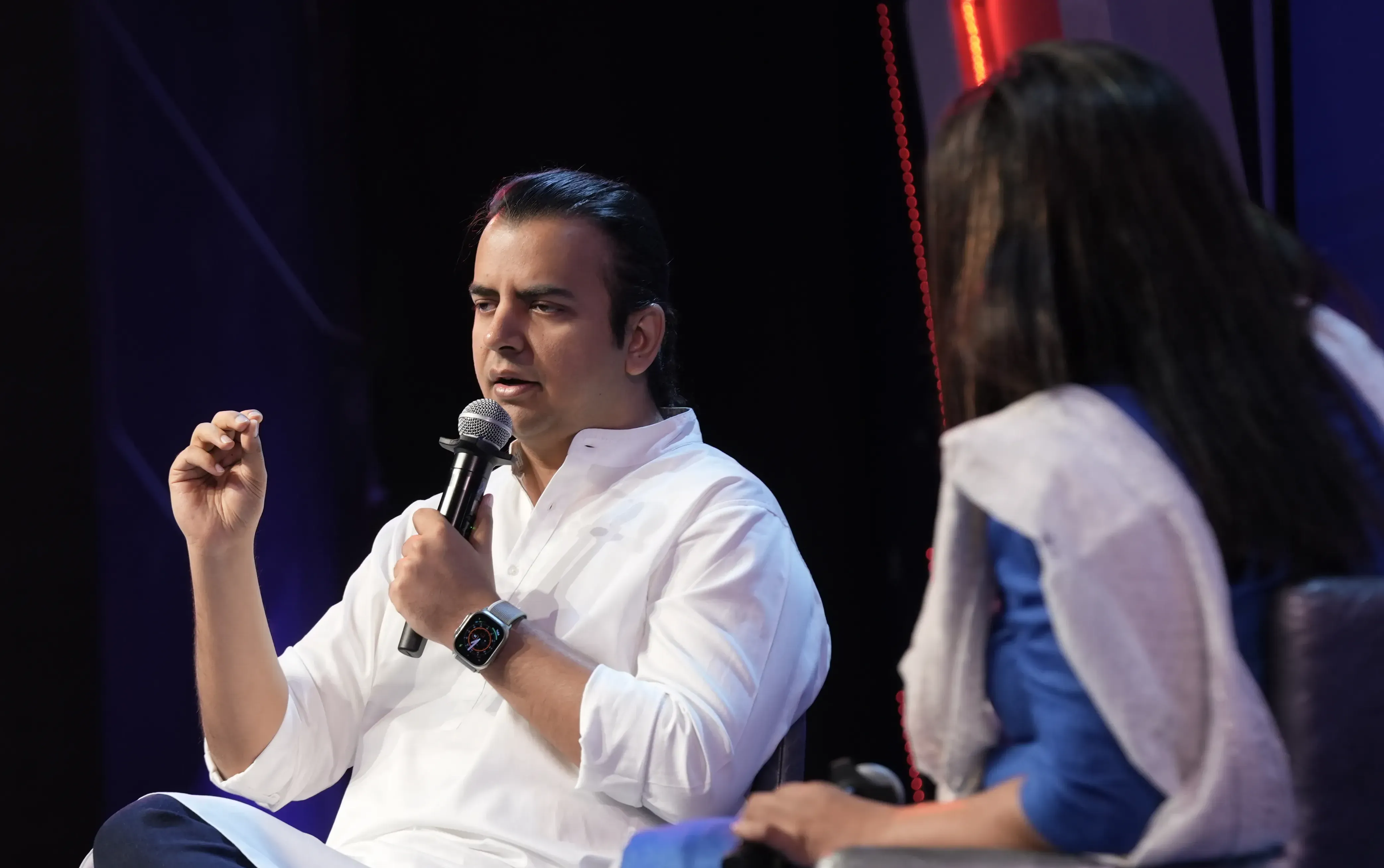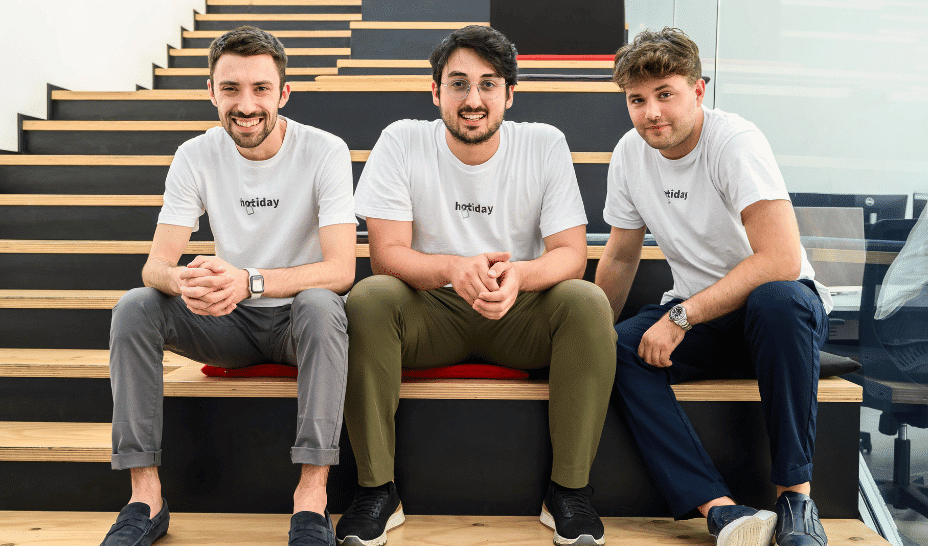Unlocking Potential: The Benefits and Challenges of Open Source Developer Patronage
Abstract This blog post provides an in-depth exploration of open source developer patronage, a funding model that sustains free and innovative software projects. It details the key concepts, benefits, and challenges of this model while exploring its history, core features, real-world use cases, and future outlook. Emphasizing technical clarity and accessibility, the article integrates insights from various sources, including sustainable funding for open source, open source developer patronage benefits, and corporate sponsorship models. Additional perspectives from community platforms like GitHub Sponsors and Open Collective are also discussed, along with commentary from industry experts on platforms such as Dev.to. This holistic view aims to demystify the funding mechanisms that drive open source innovation and provide actionable insights for developers, sponsors, and the broader technology community. Introduction Open source software has revolutionized the way technology is built, maintained, and shared. At the heart of this revolution is community collaboration and the freedom to innovate without proprietary constraints. However, sustaining these free and accessible projects requires financial and structural support—a need fulfilled by open source developer patronage. By fostering financial stability through models such as individual donations, corporate sponsorship, and even modern blockchain-based approaches, patronage empowers developers to dedicate more time to code quality and innovation. This post explores how such funding models are reshaping the open source ecosystem and details the benefits, core principles, applications, the challenges faced, and the future trends driving the next evolution in open source funding. Background and Context For decades, open source software has driven major projects—from the Linux operating system to the Apache web server—that form the critical infrastructure of the internet. The open source model encourages collaboration, transparency, and shared creativity. Yet, behind these successful projects is an often hidden struggle: the necessity to secure constant funding and resources. Historically, many open source projects were maintained by volunteers and supported through sporadic donations. Over time, the increasing complexity and widespread adoption of these software systems revealed that relying solely on volunteer effort was unsustainable. This led to the development of more structured funding models such as: Individual Donations: Platforms like GitHub Sponsors and Patreon allow fans and users to financially support developers. Corporate Sponsorship: Enterprises interested in robust, secure, and innovative software ecosystems provide targeted sponsorship that benefits both the project and the sponsor. Grant Funding: Organizations such as the Linux Foundation help by providing grants to developers. Crowdfunding Campaigns: These campaigns enable communities to contribute collectively towards ambitious project milestones. Emerging technologies such as blockchain and NFTs have recently entered this model, promising increased transparency and novel mechanisms for reward distribution. Blockchain can ensure an immutable record of contributions, while NFTs offer a way for patrons to receive a unique acknowledgment of their support—effectively tokenizing the act of contribution. In addition to these funding mechanisms, discussions around open source developer compensation on platforms like Open Collective demonstrate how the ecosystem is evolving to address long-standing sustainability issues. Recent articles on Dev.to also highlight how these funding channels have become a vital lifeline for innovation. Core Concepts and Features The model of open source developer patronage is built on several core principles that not only sustain projects but also foster innovation and community trust. In this section, we discuss these key concepts and their impact on the ecosystem. Empowerment and Focus Focused Development: Financial backing ensures that developers can dedicate more time to their projects. With steady funding, distractions are minimized, and developers can focus on innovation. This enhances overall code quality and stability. Increased Productivity: Patronage helps distribute the heavy load that often falls on a few developers. Regular financial support reduces burnout and allows for improved maintenance, testing, and security measures. Diverse Funding Mechanisms Open source developer patronage embraces multiple funding models, including: Individual Donations: Supported through platforms like GitHub Sponsors and Patreon, this model is built on micro-funding from a large community. Corporate Sponsorship: Enterprises benefit from aligning with projects that enhance their technological infrastructure. For further insights on such arrangements, refer to corporate sponsorship models. Grant
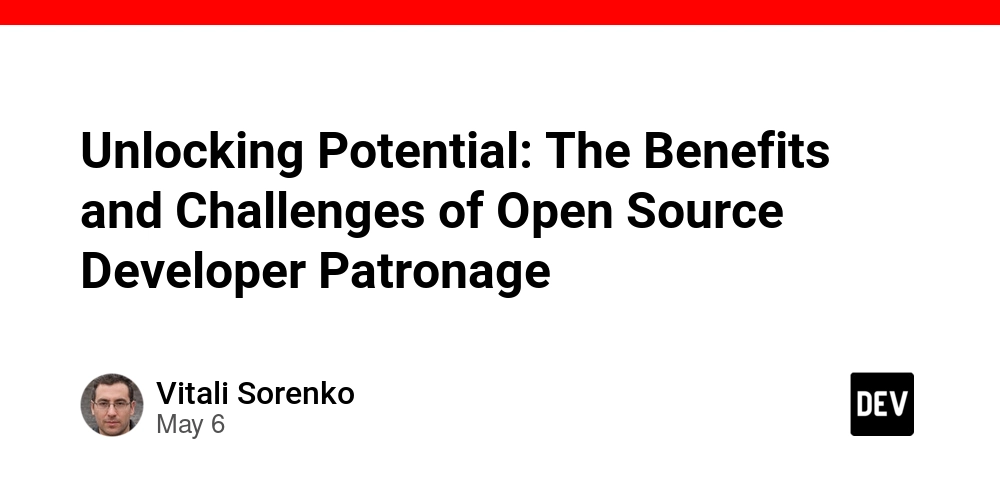
Abstract
This blog post provides an in-depth exploration of open source developer patronage, a funding model that sustains free and innovative software projects. It details the key concepts, benefits, and challenges of this model while exploring its history, core features, real-world use cases, and future outlook. Emphasizing technical clarity and accessibility, the article integrates insights from various sources, including sustainable funding for open source, open source developer patronage benefits, and corporate sponsorship models. Additional perspectives from community platforms like GitHub Sponsors and Open Collective are also discussed, along with commentary from industry experts on platforms such as Dev.to. This holistic view aims to demystify the funding mechanisms that drive open source innovation and provide actionable insights for developers, sponsors, and the broader technology community.
Introduction
Open source software has revolutionized the way technology is built, maintained, and shared. At the heart of this revolution is community collaboration and the freedom to innovate without proprietary constraints. However, sustaining these free and accessible projects requires financial and structural support—a need fulfilled by open source developer patronage. By fostering financial stability through models such as individual donations, corporate sponsorship, and even modern blockchain-based approaches, patronage empowers developers to dedicate more time to code quality and innovation. This post explores how such funding models are reshaping the open source ecosystem and details the benefits, core principles, applications, the challenges faced, and the future trends driving the next evolution in open source funding.
Background and Context
For decades, open source software has driven major projects—from the Linux operating system to the Apache web server—that form the critical infrastructure of the internet. The open source model encourages collaboration, transparency, and shared creativity. Yet, behind these successful projects is an often hidden struggle: the necessity to secure constant funding and resources.
Historically, many open source projects were maintained by volunteers and supported through sporadic donations. Over time, the increasing complexity and widespread adoption of these software systems revealed that relying solely on volunteer effort was unsustainable. This led to the development of more structured funding models such as:
- Individual Donations: Platforms like GitHub Sponsors and Patreon allow fans and users to financially support developers.
- Corporate Sponsorship: Enterprises interested in robust, secure, and innovative software ecosystems provide targeted sponsorship that benefits both the project and the sponsor.
- Grant Funding: Organizations such as the Linux Foundation help by providing grants to developers.
- Crowdfunding Campaigns: These campaigns enable communities to contribute collectively towards ambitious project milestones.
Emerging technologies such as blockchain and NFTs have recently entered this model, promising increased transparency and novel mechanisms for reward distribution. Blockchain can ensure an immutable record of contributions, while NFTs offer a way for patrons to receive a unique acknowledgment of their support—effectively tokenizing the act of contribution.
In addition to these funding mechanisms, discussions around open source developer compensation on platforms like Open Collective demonstrate how the ecosystem is evolving to address long-standing sustainability issues. Recent articles on Dev.to also highlight how these funding channels have become a vital lifeline for innovation.
Core Concepts and Features
The model of open source developer patronage is built on several core principles that not only sustain projects but also foster innovation and community trust. In this section, we discuss these key concepts and their impact on the ecosystem.
Empowerment and Focus
Focused Development:
Financial backing ensures that developers can dedicate more time to their projects. With steady funding, distractions are minimized, and developers can focus on innovation. This enhances overall code quality and stability.
Increased Productivity:
Patronage helps distribute the heavy load that often falls on a few developers. Regular financial support reduces burnout and allows for improved maintenance, testing, and security measures.
Diverse Funding Mechanisms
Open source developer patronage embraces multiple funding models, including:
- Individual Donations: Supported through platforms like GitHub Sponsors and Patreon, this model is built on micro-funding from a large community.
- Corporate Sponsorship: Enterprises benefit from aligning with projects that enhance their technological infrastructure. For further insights on such arrangements, refer to corporate sponsorship models.
- Grant Funding: Foundations and organizations provide grants to target specific developmental challenges and research areas.
- Crowdfunding Campaigns: These campaigns invite community engagement with transparent milestone-based achievements.
Below is a table summarizing the different funding models:
| Funding Model | Key Features | Example Platforms |
|---|---|---|
| Individual Donations | Recurring contributions, micro-funding, community-driven support | GitHub Sponsors, Patreon |
| Corporate Sponsorship | Customized partnerships, long-term commitments, mutual benefits | Corporate Sponsorship Models |
| Grant Funding | Project-specific grants, research support, foundation-backed | Linux Foundation |
| Crowdfunding Campaigns | Milestone-based funding, community engagement, transparent budgets | Open Collective |
Transparency and Community Trust
Transparency is a cornerstone of the open source model. Financial contributions are usually made public on platforms such as Open Collective. This openness builds trust among developers, sponsors, and the wider community, ensuring that funds are managed responsibly.
Community Engagement:
A transparent patronage model attracts more contributors. Open communication channels, improved documentation, and regular updates have been shown to boost overall project growth.Collaborative Tools:
Integration with modern collaboration tools provides real-time updates to sponsors about the project's progress. This ensures accountability and invites constructive feedback.
Integration with Emerging Technologies
Modern technological advancements are also playing a significant role in enhancing open source patronage:
Blockchain for Transparency:
Distributed ledger technology records transactions immutably, ensuring that every contribution and expenditure is transparent.NFTs and Tokenization:
By tokenizing contributions, open source communities are beginning to use NFTs as digital certificates of appreciation. For instance, the Zora NFT Collection illustrates how contributors can receive unique tokens that signify their role in a project.Hybrid Funding Models:
The future lies in combining multiple funding streams—individual, corporate, grant-based, and NFT- or blockchain-driven—to create a robust ecosystem resilient to economic fluctuations.
Applications and Use Cases
The open source patronage model is not just a theoretical notion; its practical implementations are transforming the software development landscape. Here are a few notable applications:
1. Sustaining Critical Infrastructure
Many open source projects form the backbone of our digital ecosystem:
Linux and Apache:
Key components of servers and web architectures, these projects are supported through models that ensure continuous updates and security enhancements.Case Study:
An initiative on sustainable funding for open source demonstrates how steady patronage can reduce security vulnerabilities and ensure system reliability.
2. Driving Innovation in Emerging Technologies
Open source funding is crucial for research and development:
Blockchain and Smart Contracts:
By integrating blockchain technology, projects are able to automate sponsorship payouts using smart contracts. This ensures that funds are released only when specific milestones are achieved, reducing risk for both sponsors and developers.NFT-Driven Funding:
Projects are increasingly using NFT tokenization for reward mechanisms, thus creating a micro-economy around open source development. Learn more about NFT-based contributions via the Zora NFT Collection.
3. Global Community-Driven Enhancements
Financial patronage sparks a broader impact beyond code maintenance:
Improved Documentation and Training:
Sufficient funding allows projects to hire technical writers and organize workshops, ensuring that new contributors can easily onboard.Hackathons and Workshops:
Community-conducted events foster global innovation by bringing developers together to brainstorm new features and troubleshoot challenges.Real-World Impact:
Consistent funding has enabled the development of sophisticated cybersecurity tools and practical solutions in sectors like healthcare and finance. Learn more about the impact of open source project sponsorship.
Below is a bullet list summarizing the key benefits of patronage in open source:
- Enhanced Developer Focus: With sustained funding, developers experience reduced burnout and can allocate more time to advancement.
- Improved Project Sustainability: Continuous financial support helps maintain the project over time.
- Community Empowerment: Increased transparency leads to higher community engagement and trust.
- Innovative Funding Models: Integration with blockchain and NFTs provides new avenues for funding and reward.
- Global Collaboration: Enhanced training and hackathons drive worldwide community collaboration.
Challenges and Limitations
Even with its many benefits, open source developer patronage is not without its challenges. It’s essential to acknowledge these issues to understand the areas needing further innovation.
Funding Disparities
One significant shortcoming lies in the uneven distribution of funds:
Inequitable Funding:
Popular projects like React or Kubernetes often attract substantial patronage, while niche yet critical projects may struggle to secure adequate resources.Sustainability Risks:
Lack of funding for smaller projects can result in outdated codebases, potential security flaws, and contributor burnout.
Administrative and Technical Hurdles
Managing diverse funding sources and ensuring transparency can be complex:
Complex Administration:
Handling donations, grants, and sponsorships requires robust financial management systems. For smaller teams, this administrative overhead can be a burden.Emerging Tech Integration:
Although blockchain and NFTs promise transparency, integrating these technologies requires specific technical expertise. The learning curve may dissuade smaller groups from adopting these methods fully.Reporting Requirements:
Transparent tracking of funds is essential. Without streamlined documentation and reporting procedures, maintaining sponsor trust becomes challenging.
Adoption Challenges
Successful patronage also depends on active community participation:
Low Awareness:
Many potential sponsors and end users still do not understand the benefits of supporting open source projects actively.Economic Volatility:
Since funding often depends on the broader economic environment, downturns may directly impact the available resources.Legal and Ethical Considerations:
Multiple funding streams raise concerns regarding intellectual property rights, fair compensation, and governance. Addressing these legal and ethical dilemmas is crucial to preserving the core values of open source.
Future Outlook and Innovations
Despite the challenges, the future of open source developer patronage appears bright. Several emerging trends are set to further optimize and innovate the way funding is managed.
Increased Blockchain Integration
Smart Contracts and Automation:
With improvements in blockchain technology, funding platforms may soon implement smart contract-driven automation, reducing administrative overhead and ensuring milestone-based funding disbursements.Real-Time Financial Tracking:
The continued adoption of decentralized ledger technology will enable more transparent, real-time tracking of all financial transactions, bolstering sponsor trust.
NFT-Driven Recognition and Reward Models
Tokenizing Contributions:
NFTs will serve not only as proof of contribution but also as assets that may appreciate over time. This tokenization encourages long-term engagement by offering future benefits.Community Incentives:
As more projects adopt NFT-based rewards, contributors and patrons will find value in trading and investing in these digital tokens. This model bridges the gap between traditional crowdfunding and modern digital asset ownership.
Expansion of Hybrid Funding Portfolios
Diverse Revenue Streams:
Future projects are likely to blend individual donations, corporate sponsorships, grant funding, and NFT-based incentives. This diversified portfolio provides stability against market fluctuations.Collaborative Partnerships:
Partnerships between tech companies, academic institutions, and nonprofit organizations will likely increase, spreading the risk and sharing the rewards more evenly among all stakeholders.
Enhanced Developer Tools
Automated Reporting Systems:
Emerging financial management tools designed for open source projects will simplify the process of tracking, reporting, and sharing funding data.Integration with DevOps:
Embedding funding dashboards directly in developers’ workflows will make financial progress more visible and linked to tangible outcomes, reinforcing the direct impact of patronage.
Summary
Open source developer patronage is a transformative force in today’s digital landscape. By providing crucial financial backing through a mix of individual donations, corporate sponsorship, grant funding, and innovative NFT-based rewards, this model empowers developers to innovate, secure, and maintain the tools and infrastructures we rely on. Despite facing challenges such as funding disparities, complex administration, and legal concerns, the integration of emerging technologies like blockchain and tokenization is set to address these issues and propel the ecosystem to new heights.
In short:
- Empowerment and Focus: Patronage allows developers to concentrate on refining code and enhancing security.
- Diverse and Transparent Models: Multiple funding mechanisms reinforce community trust and enable sustained innovation.
- Real-World Applications and Global Impact: From critical infrastructure to blockchain-enabled innovations, patronage drives projects that benefit millions.
- A Promising Future: With increased automation, enhanced integration of NFTs, and diversified funding channels, the future of open source funding looks robust and adaptive.
Support for open source projects is not a mere sponsorship—it’s an investment in a future of transparent, collaborative, and sustainable technological innovation. Whether you are a developer seeking stability, a corporation striving for cutting-edge integrations, or a community member committed to ethical technology, understanding and supporting open source developer patronage is an essential step toward a digitally inclusive future.
For those interested in further exploring the advantages and challenges of funding through these models, check out detailed analyses on open source project sponsorship impact and open source project sponsorship platforms.
Additionally, perspectives from the broader community can be found in insightful posts such as:
- Exploring GitHub Sponsors: Empowering Open Source Sustainability for Future Innovation
- The Rise of Crowdfunding Platforms: GitHub Sponsors vs. Patreon – A Deep Dive
- Open Source Developer Fundraising: A Vital Component for Sustainability
These sources further highlight how multi-channel funding models can bridge gaps in traditional software development cycles, ensuring that open source remains at the forefront of global innovation.
By embracing these innovative funding models, the technology community can look forward to a future where open source projects are not only sustained but continually reimagined to meet the demands of tomorrow’s digital world.
Embrace the future of collaboration and innovation—support open source, support progress.






































































































































































![[The AI Show Episode 146]: Rise of “AI-First” Companies, AI Job Disruption, GPT-4o Update Gets Rolled Back, How Big Consulting Firms Use AI, and Meta AI App](https://www.marketingaiinstitute.com/hubfs/ep%20146%20cover.png)











































































































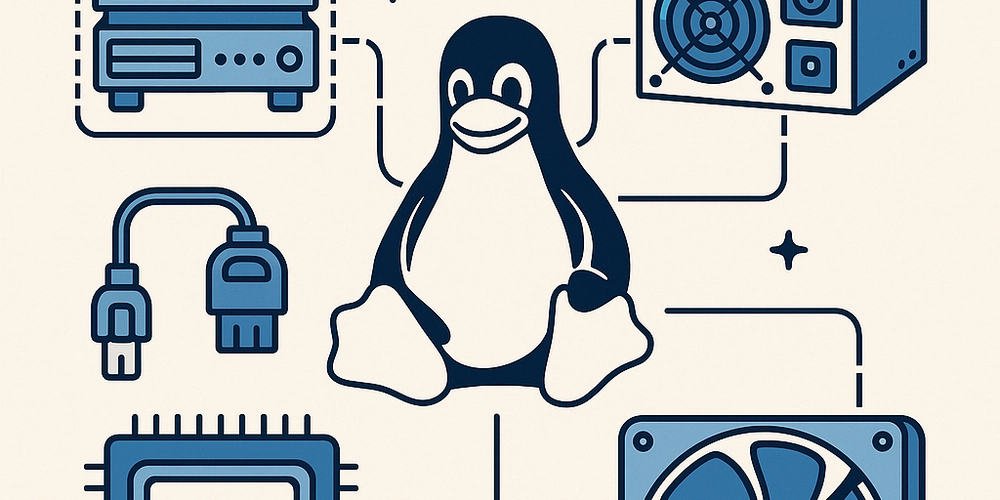





















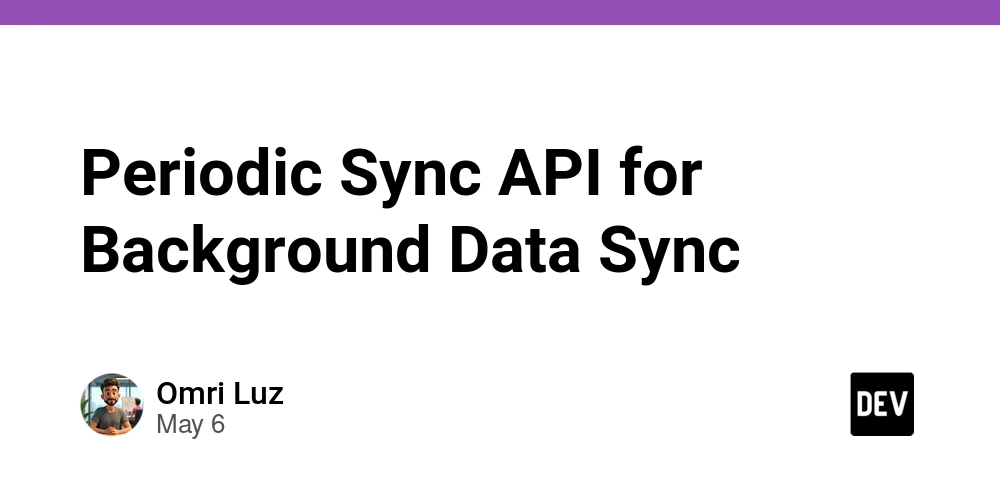






































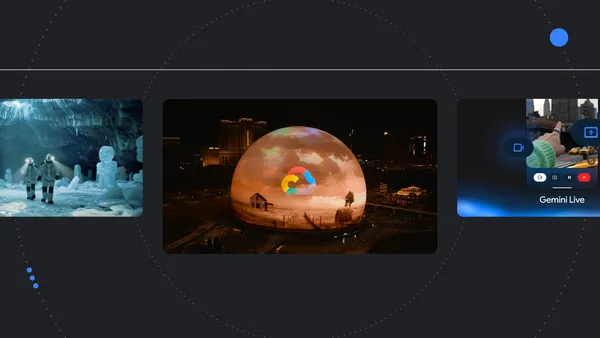
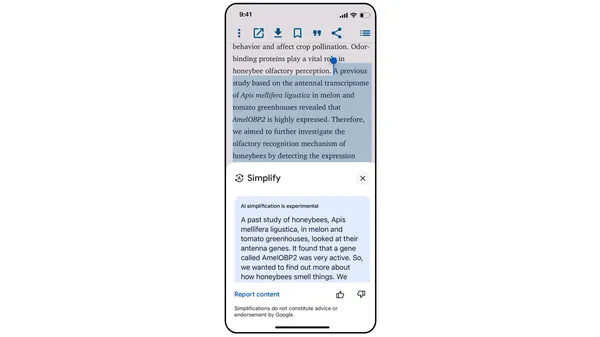







.jpg?width=1920&height=1920&fit=bounds&quality=70&format=jpg&auto=webp#)





















































.jpg?#)

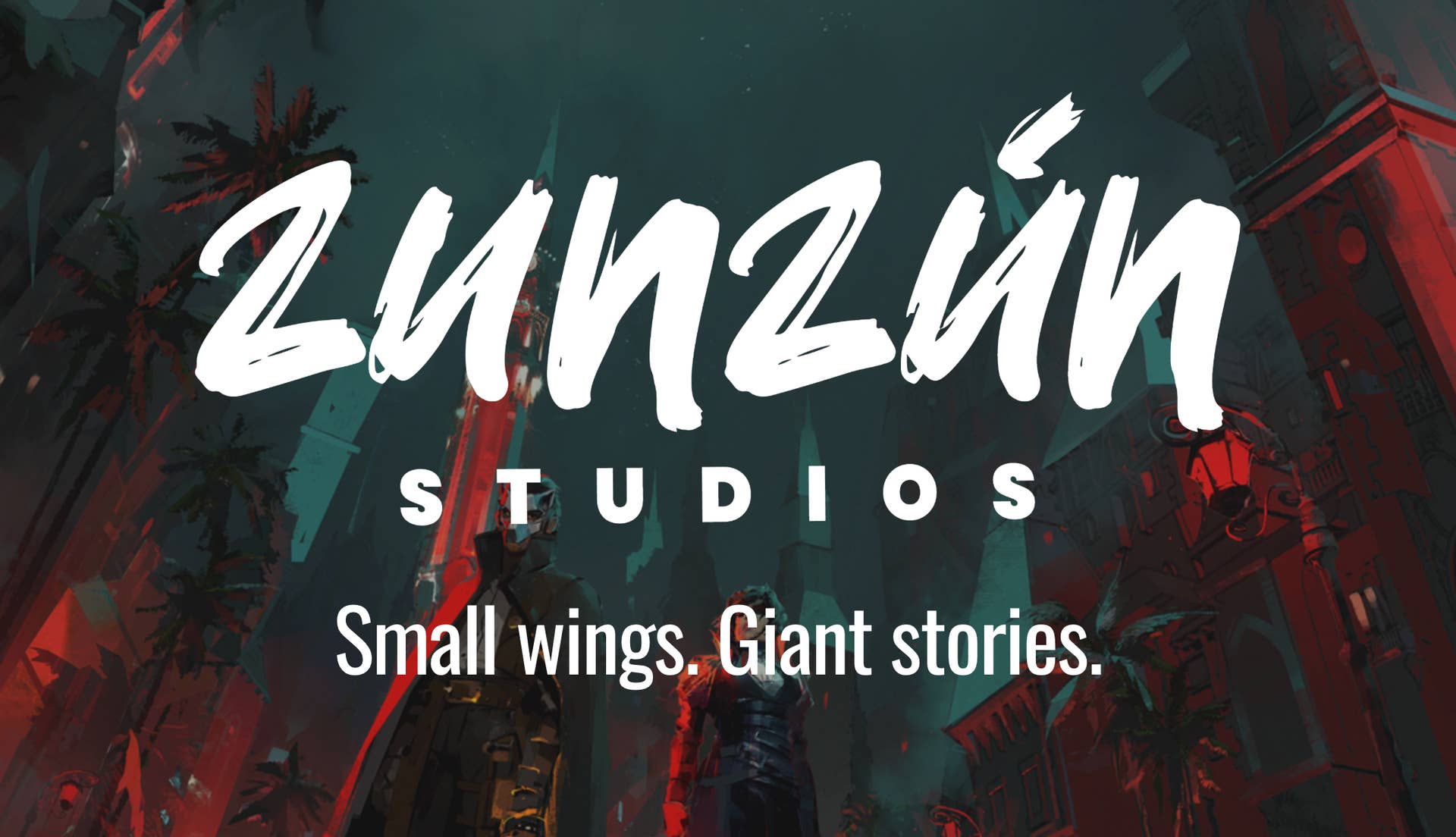




























_Alexey_Kotelnikov_Alamy.jpg?width=1280&auto=webp&quality=80&disable=upscale#)
_Brian_Jackson_Alamy.jpg?width=1280&auto=webp&quality=80&disable=upscale#)

_Steven_Jones_Alamy.jpg?width=1280&auto=webp&quality=80&disable=upscale#)


 Stolen 884,000 Credit Card Details on 13 Million Clicks from Users Worldwide.webp?#)


















































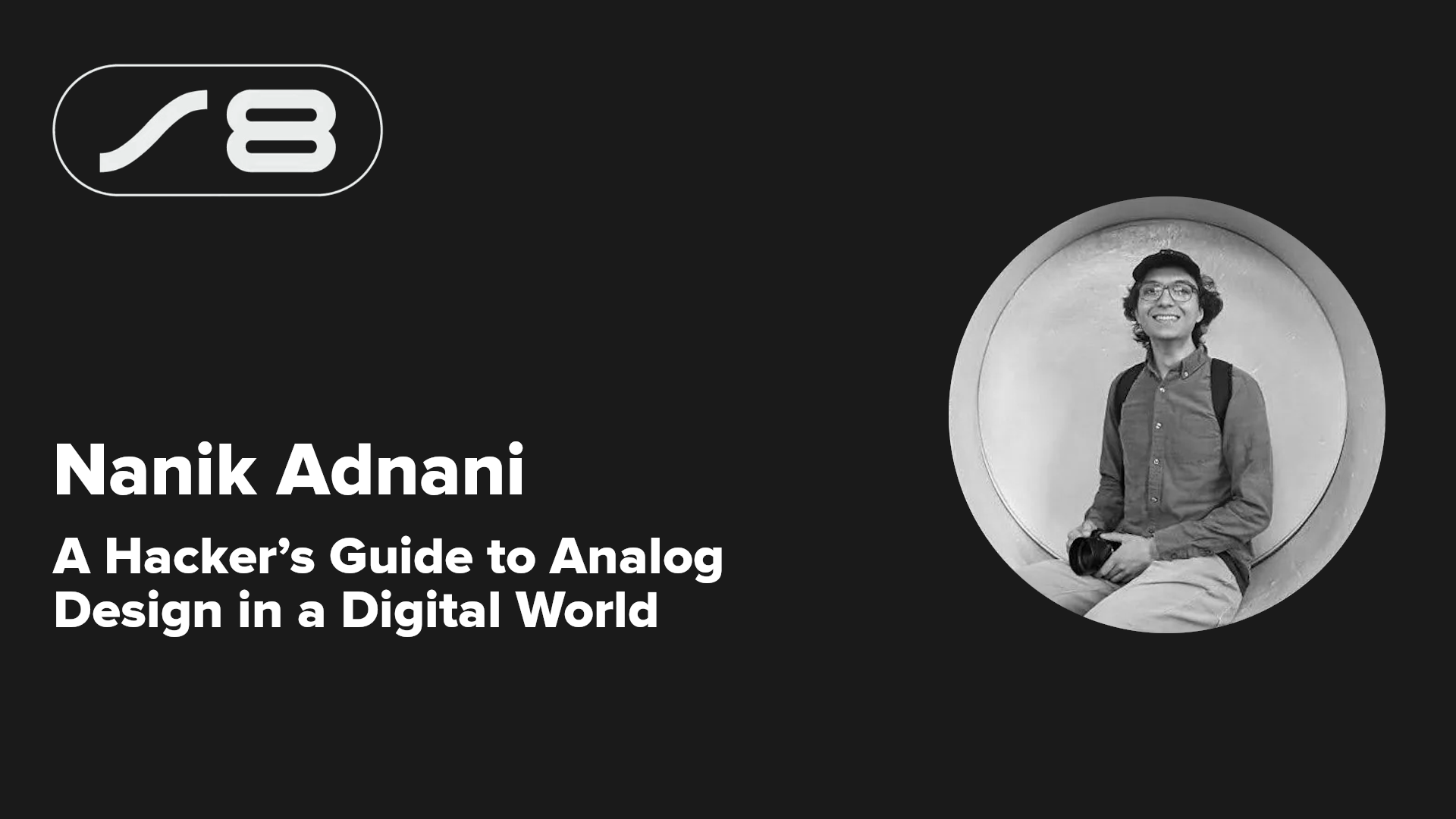
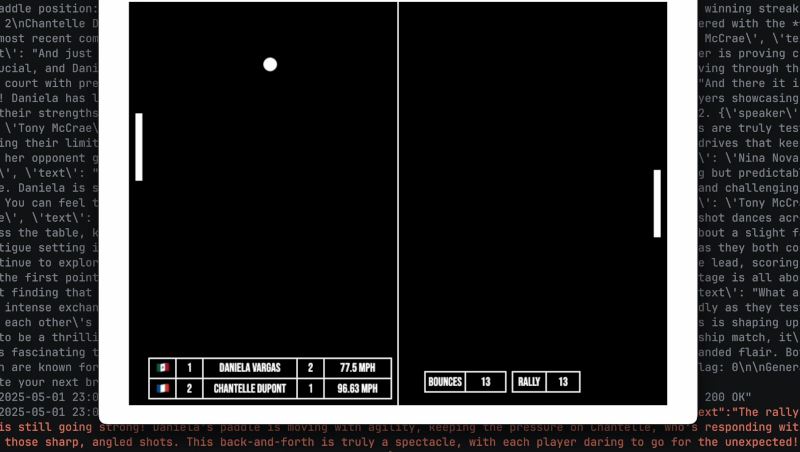




















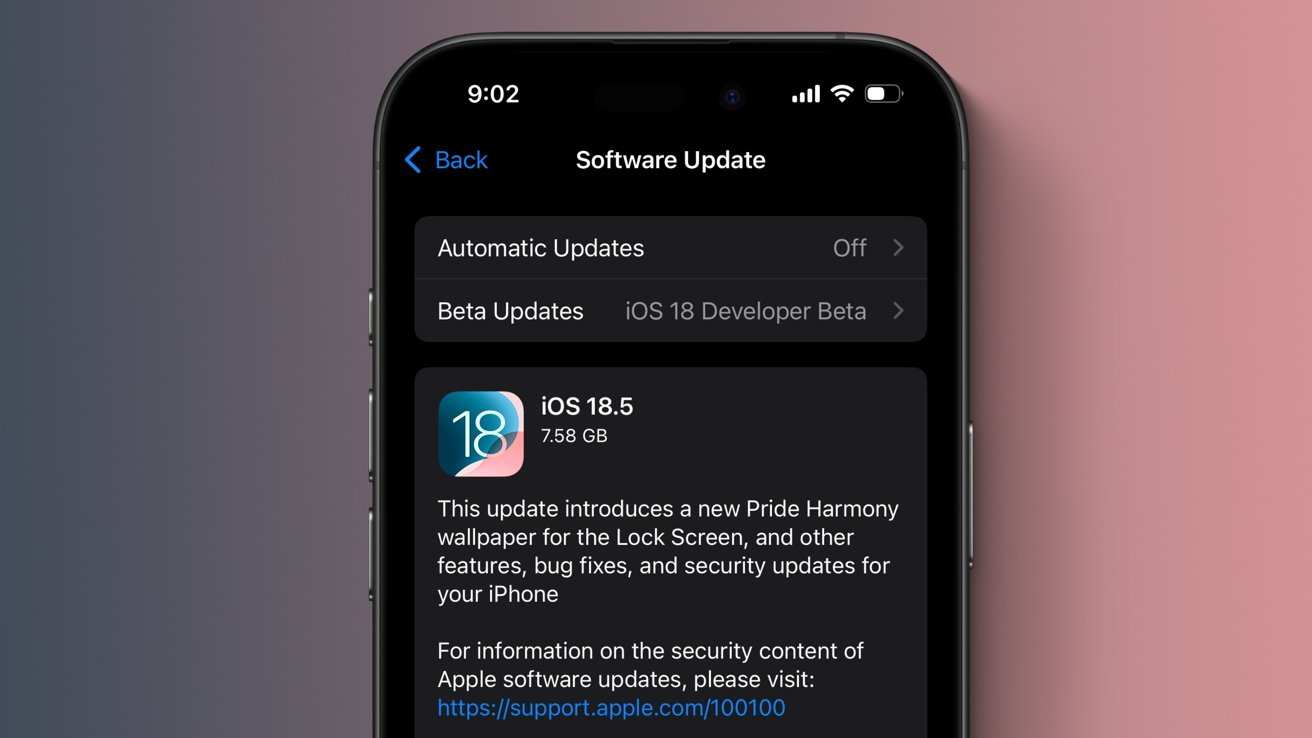







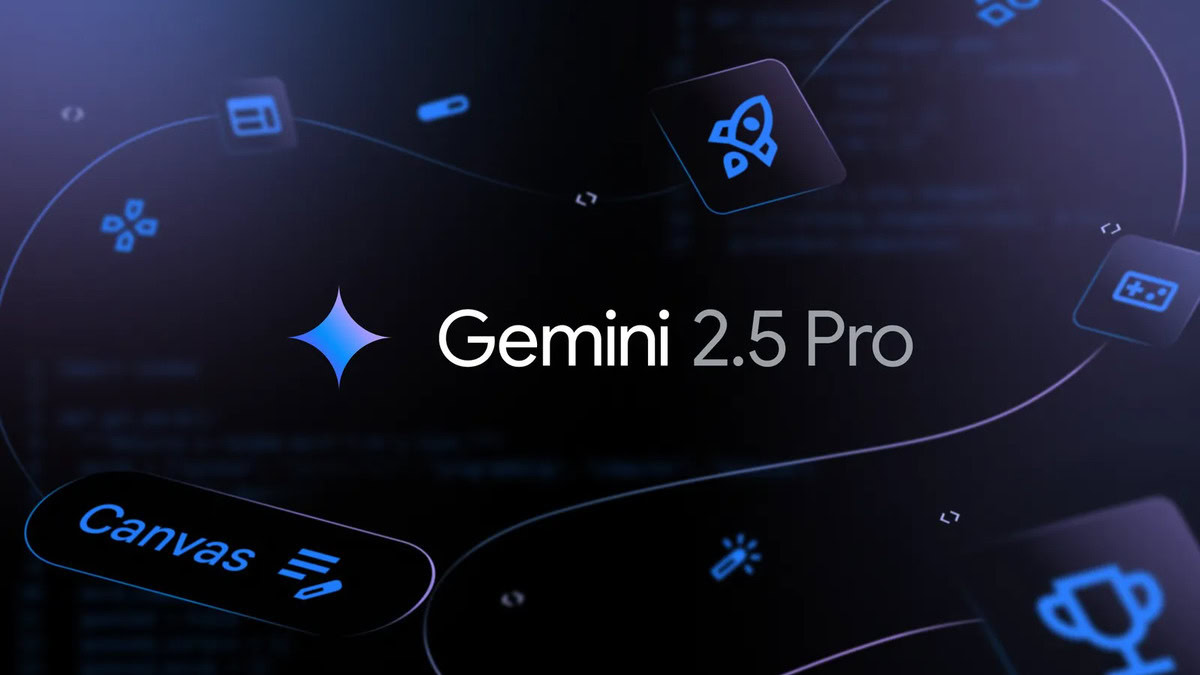





![Roku clarifies how ‘Pause Ads’ work amid issues with some HDR content [U]](https://i0.wp.com/9to5google.com/wp-content/uploads/sites/4/2025/05/roku-pause-ad-1.jpg?resize=1200%2C628&quality=82&strip=all&ssl=1)

![Look at this Chrome Dino figure and its adorable tiny boombox [Gallery]](https://i0.wp.com/9to5google.com/wp-content/uploads/sites/4/2025/05/chrome-dino-youtube-boombox-1.jpg?resize=1200%2C628&quality=82&strip=all&ssl=1)










![Apple Seeds visionOS 2.5 RC to Developers [Download]](https://www.iclarified.com/images/news/97240/97240/97240-640.jpg)
![Apple Seeds tvOS 18.5 RC to Developers [Download]](https://www.iclarified.com/images/news/97243/97243/97243-640.jpg)

![Apple Releases macOS Sequoia 15.5 RC to Developers [Download]](https://www.iclarified.com/images/news/97245/97245/97245-640.jpg)












